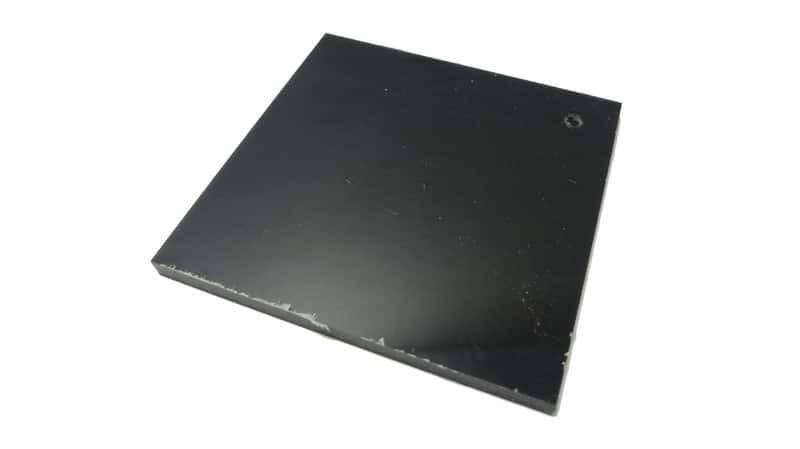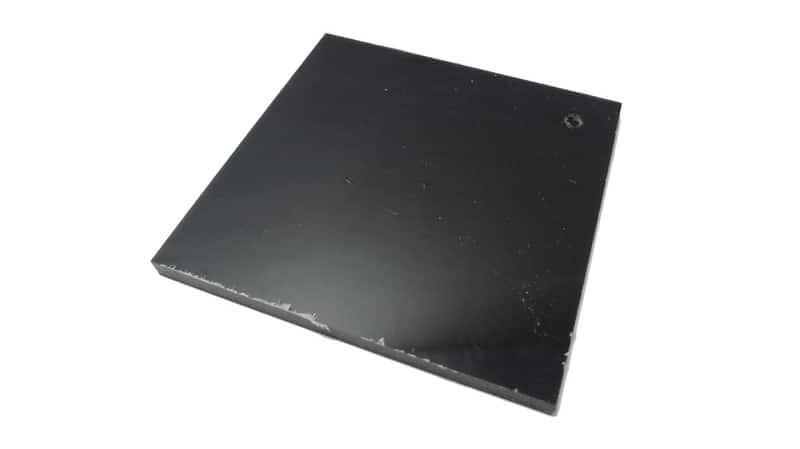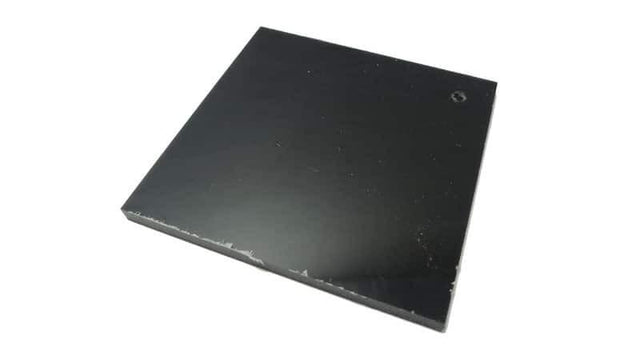Product category: Polymers & Plastics
Polydicyclopentadiene (PDCPD)
Allows for large mouldings with design freedom
This thermosetting plastic is based on dicyclopentadiene (DCPD) and created via a catalytic reaction. The plastic is formed in a reaction injection moulding process (RIM) where two components are mixed as they are injected into the mould. The mixture reacts and hardens to form rigid PDCPD within just a few minutes. The mixture has a very low initial viscosity so it’s possible to mould very large objects with fine geometries, variable wall thicknesses, and long flow-paths. PDCPD has a service temperature of up to 135°C and is resistant to impact, abrasion, and chemicals.
Applications for polydicyclopentadiene
It is used to mould small- to medium-series of very large parts (weight of 3 kg up to 100+ kg) such as body panels for tractors, buses and trucks, valves for wastewater systems, and bathroom sinks.
More information:
The low injection pressure allows for the use of soft low-cost tooling often made from aluminium. Moulded PDCPD parts are usually painted to achieve a high surface finish.
Inspiration for new applications:
Create large free-form structures for playgrounds.
Polydicyclopentadiene (PDCPD) is backordered and will ship as soon as it is back in stock.
The sample you get:
Estimate the shipping cost
Questions & Answers
Have a Question?
Be the first to ask a question about this.
Your payment is processed by Shopify or Paypal - We do not receive or have access to your credit card information.




